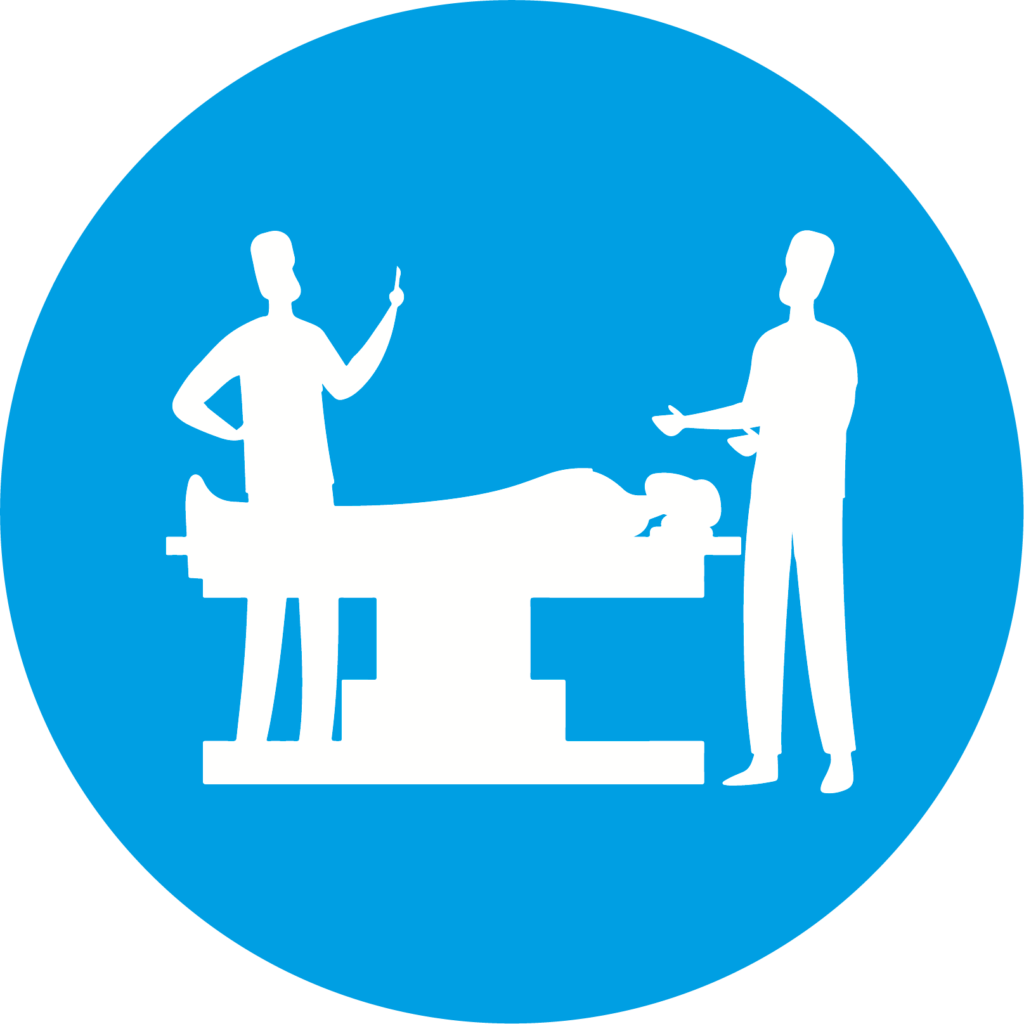For those who want the best in the fight against obesity...
Hello to Life Again with Obesity Surgery...

Happy Patients
Our goal is to ensure that our patients regain their health quickly and comfortably with the most modern methods.

Innovative Methods
We closely follow all the rapidly developing technologies and treatment methods in the medical world and apply them for you.

Expert team
Obesity surgery with our years of experience and expert team. Your health is in safe hands.
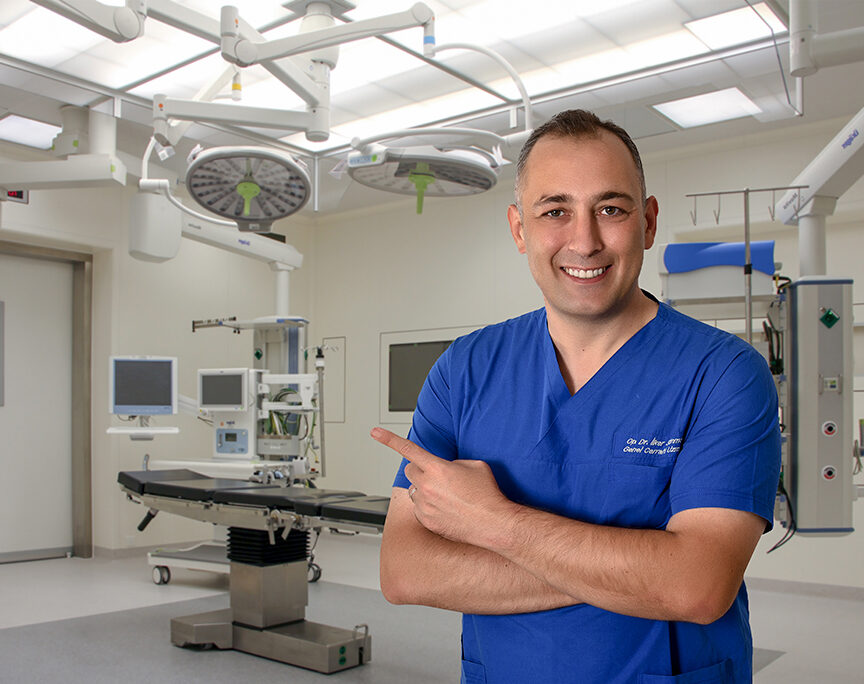
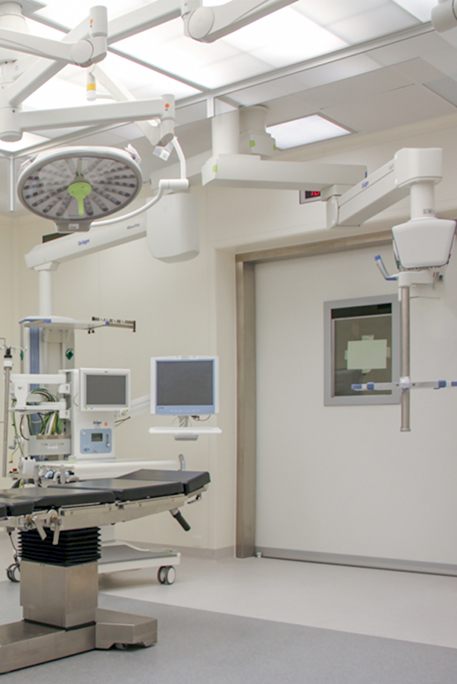
Op. Dr. İlker Sönmez
He took part in the teams that implemented world-renowned surgical practices and techniques in obesity treatment for the first time in Turkey.
In 2004, while he was still receiving surgery training at Cerrahpaşa Faculty of Medicine, he took his first step into obesity surgery by undergoing gastric band (stomach band) operations, one of the popular methods of that period.
Seeing that this and similar obesity surgeries performed in a closed manner are quite different from classical surgical principles and training, he specialized in obesity surgery as well as basic surgical sciences.
Treatments
Our Team
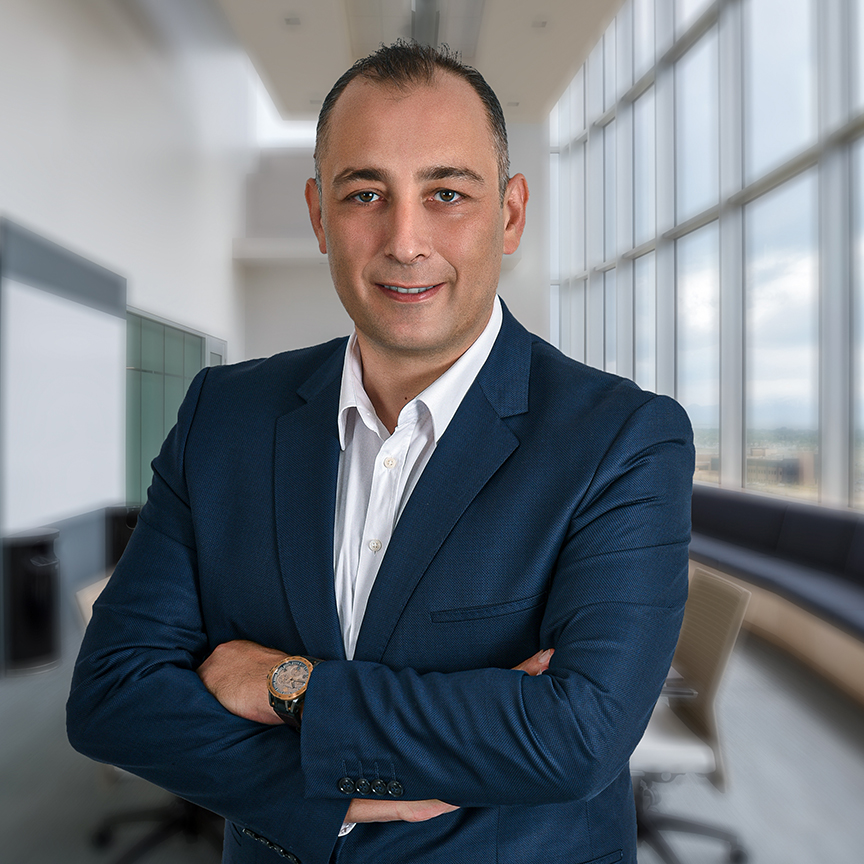
Op.Dr. İlker Sönmez
General
Surgeon
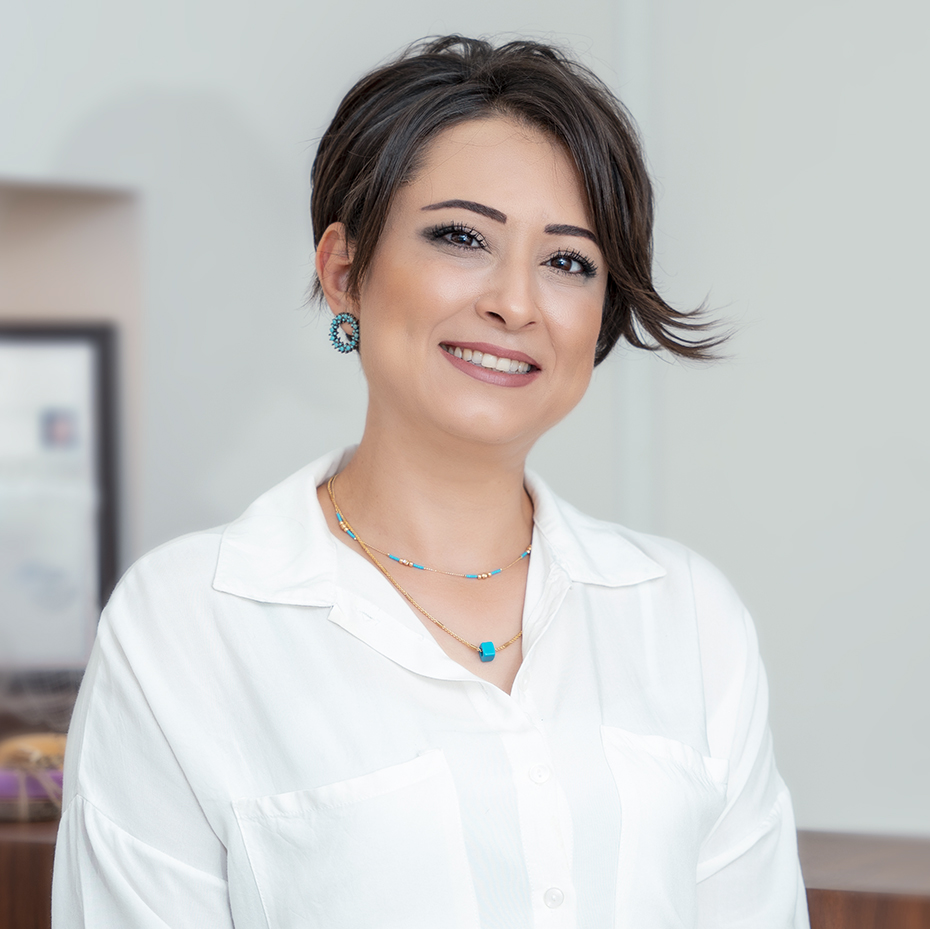
Işıl Aydın
Public Relations
Coordinator

Sena Ünlü
Bariatric Dietitian
Nutrition Specialist
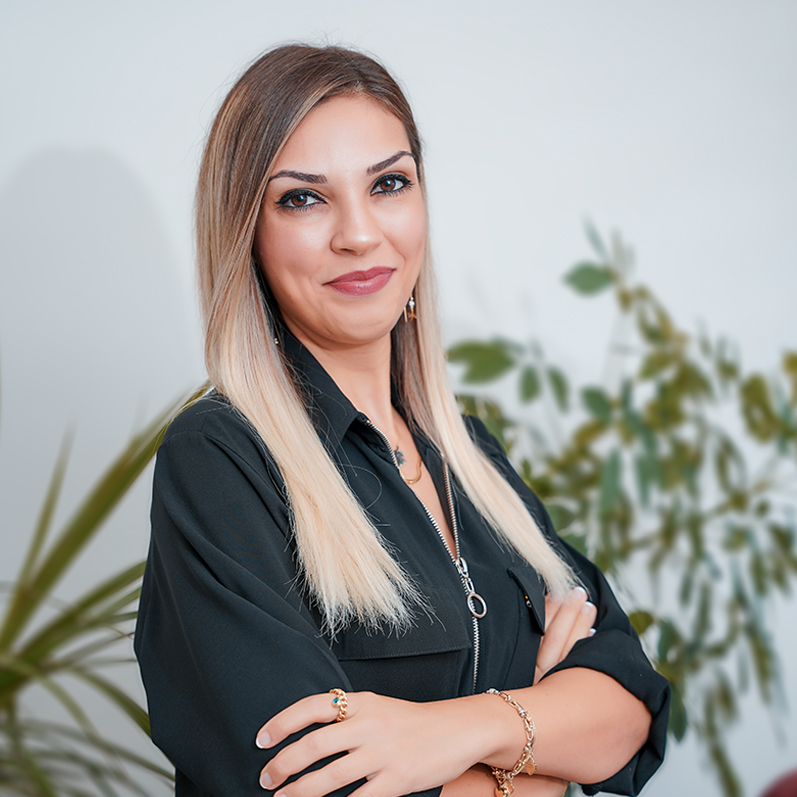
Pelin Altunsoy
Bariatric Dietitian
Nutrition Specialist
What You Are Wondering About
Can’t play games with your little daughter? Do you want to get rid of sleep apnea? Would you like to improve your quality of life? If you have these and similar problems caused by obesity, you are a candidate for surgery.
We recommend surgical intervention for morbidly obese patients with a body mass index over 40 or people with a body mass index between 35-40 and additional obesity-related comorbidities. After surgery, you can get rid of many diseases such as fatigue and sleep apnea caused by obesity.
You can get rid of joint and muscle diseases caused by obesity and put an end to pain caused by weight.
Sleeve gastrectomy has a much lower side effect and complication rate than other weight loss surgeries. According to scientific studies, it is the technique that requires the least amount of reoperation. Moreover, since the general anatomical structure is preserved, it is always possible to convert it to other procedures if necessary. Therefore, it should be the first choice for most patients. With developing technologies, the rates of undesirable complications have decreased almost to zero in recent years. It is the safest surgery chosen in obesity surgery with close patient monitoring and high-quality material selection. The risks caused by obesity itself are much greater than the risks of surgery. In summary, for someone in the morbid obesity category, remaining obese is a riskier choice than surgery.
Bypass application as the first option operation has been almost abandoned today. The reason is; While it is not superior to sleeve gastrectomy in weight regain, it has more permanent side effects and conversion to another surgery is risky for the patient. Sleeve gastrectomy can now be accepted as the first choice all over the world, especially in cases that will undergo obesity surgery for the first time.
On the other hand, in patients whose first attempt is a sleeve gastrectomy and there is weight gain, the second surgery of choice is still considered bypass. Gastric bypass is one of the most frequently used surgeries in the treatment of patients requiring revision.
It is decided which technique will be applied to which patient by looking at factors such as the patient’s weight, the presence of concomitant diabetes, and whether or not he has had surgery before.
After obesity surgery, blood sugar begins to drop rapidly. Studies show that insulin resistance improves as fat tissue decreases. After the bypass procedure, one-third of the patients do not need diabetes medication, and 85% of them complete their diabetes treatment within the first two years. This rate is around 70% for sleeve gastrectomy. While 75% of obesity-related problems such as hypertension, joint problems, high cholesterol and sleep apnea disappear completely after the surgery, the remaining 25% is greatly improved.
Surgery should never be seen as a miracle. The postoperative period requires complete patient compliance. You can be discharged from the hospital on the 2nd day after the surgery and return to work on the 7th day. Since pain and discomfort after laparoscopic surgery are minimal, you can go through this process easily. The nutrition program, which is liquid and soft in the first weeks, turns to more solid foods after the third week. You can easily return to your daily life provided that the diet and exercise recommendations are followed.
The appetite of people with unlimited appetite problems is largely eliminated during surgery. However, people with emotional eating disorder eat without feeling hungry. In such cases, we provide psychological support treatment for emotional eating disorder. Apart from this situation, regaining weight depends on many factors. Operated patients should pay attention to some points during this process. In particular, volume reduction procedures restrict patients’ ability to eat for certain periods of time. In this process, patients should adapt themselves and their lifestyle to eating less and make this a permanent habit. It has been conclusively shown that even if the stomach volume expands over time, this has nothing to do with weight gain, and many people with an enlarged stomach can maintain their ideal weight.
Hello to Life Again with Obesity Surgery…
Contact
- (+90) 532 283 02 10
- Çınarlı Mah. Cumhuriyet Cd. Akasya apt. No:61 K:1 D:2 Seyhan ADANA
- Mon – Fri: 9.00 - 17.00
- Sat: 9.00 - 13.00



